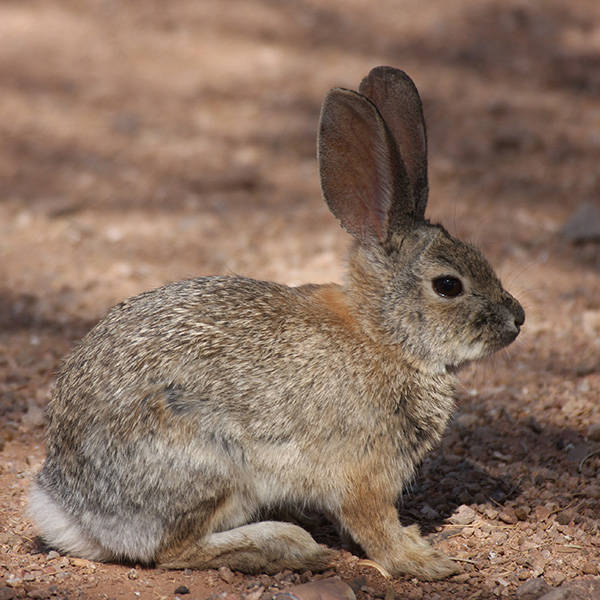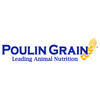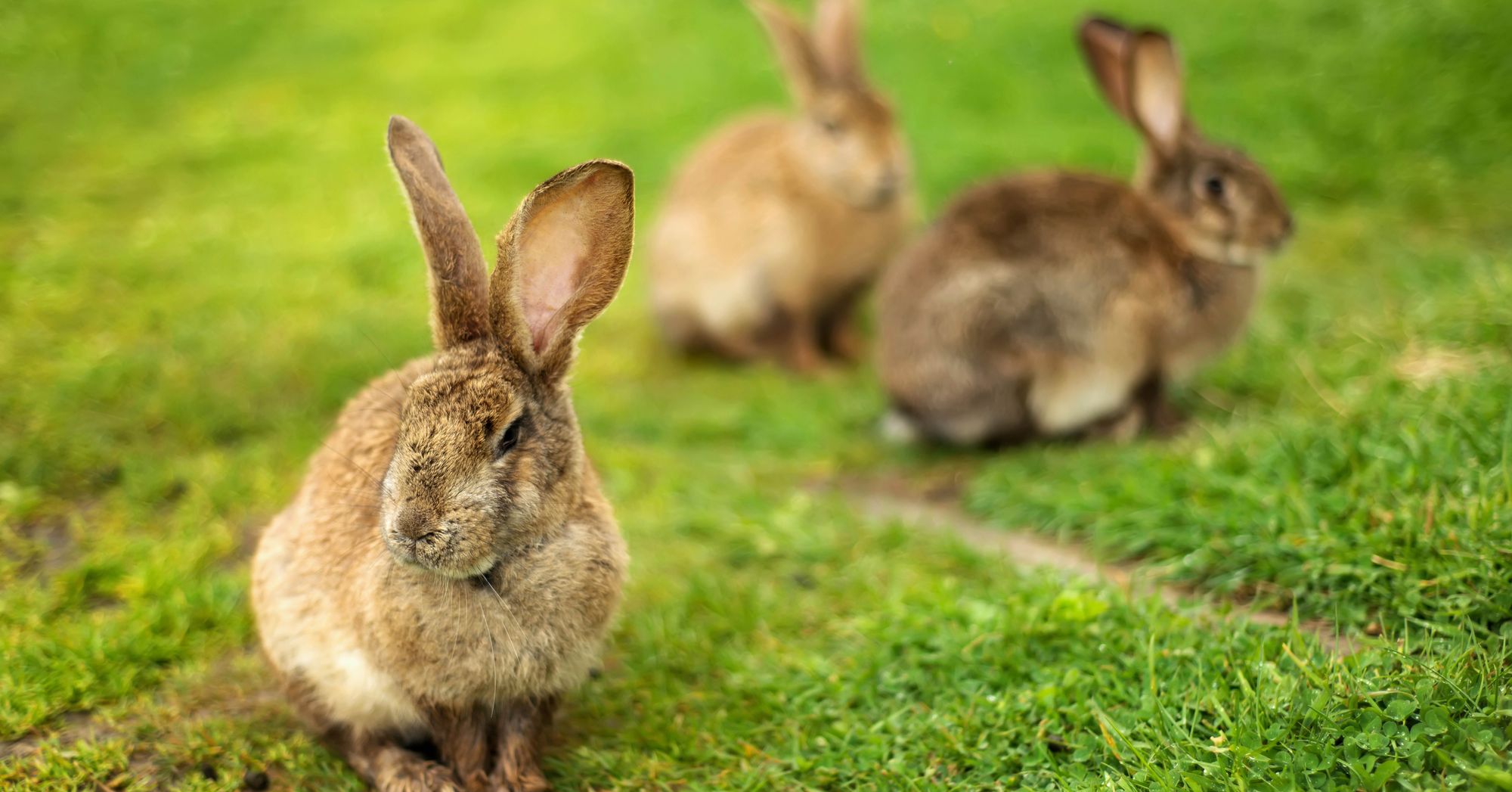Notice to Rabbit Owners and Enthusiasts
Prepared by Poulin Grain Technical Support Veterinarian, Christine Rossiter Burhans, VMD MS
A strain of the virus (RHD-V2) that causes a form of Rabbit Hemorrhagic Disease (RHD), also known as Viral Hemorrhagic Disease was detected in the USA in February 2020 by animal health officials, and has since spread to multiple states across the Southwest. It affects mostly wild rabbits but has also been reported in individual domestic and pet rabbits.
RHD has been in Europe and other countries for decades, and only infrequently in isolated cases in the US. It is considered a foreign animal disease by the US and is being handled by state and federal veterinarians in the states where is has been discovered.

The first sign of RHD is often acute death in healthy rabbits. Some cases however will linger and may survive infection. They may demonstrate poor appetite, depression, inactivity, and listlessness; maybe fever and bloody nasal discharge. Signs related to organ failure may develop later such as jaundice, respiratory distress, diarrhea, weight loss, bloating, and death. If acute death or these kinds of signs are observed in either commercial rabbits or wild rabbits, people should contact their veterinarian who can coordinate with the State Department of Ag. If unable to contact a local veterinarian, people with suspect situations should contact the Department of Agriculture in their state directly.
RHD is a highly contagious virus, and the likelihood of death in infected rabbits is very high. There is no readily available vaccine for RHD. It is imperative for those with domestic rabbits to be aware of the signs should it continue to spread across the US, a scenario that is thought to be likely. Rabbit owners should be aware that RHD is now a risk in the US and should be prepared to take strict biosecurity measures and steps to prevent transmission of infection to their animals.
Advice to people with pet or commercial rabbits:
· Implement strict biosecurity, especially eliminating all potential contact with wild rabbits.
· Do NOT import rabbits from other geographical areas. If needed, set up quarantine in a separate area.
· The virus survives months in the environment and on fomites and is easily spread via contact, including via people and handling. Strong disinfection procedures are effective (phenol or 10% bleach).
· Suspect deaths should be reported to your veterinarian or directly to your state veterinarian’s office.
· Suspect deaths should be cremated, or bagged and buried deeply to assure they will not be dug up by predators.
Please visit the links below for specifics on origins of the disease, how the virus spreads, signs of infection, and control/ prevention:
RHDV2 Outreach letter from Kristin Haas, DVM, Vermont State Veterinarian
CA Dept. of Ag. RHDV2 Factsheet
National Assembly RHDV2 FAQs, Biosecurity Guidance, and Show/ Event Guidance
Click HERE for a printable PDF of this notice
Update January 4, 2021: Florida has reported their first case of RHDV-2 positive rabbits. Read the press release here.

If you would like to learn more about Poulin Grain's complimentary forage analysis, diet balancing, and other personalized services, please visit www.poulingrain.com or call 800-334-6731 to speak to a feed specialist near you!


